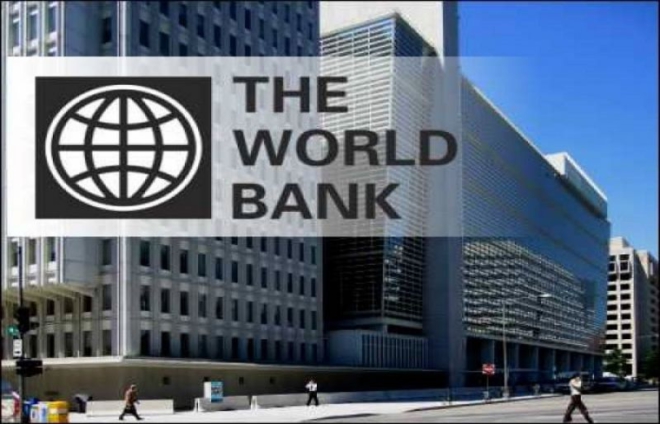Ghana scored a D (6.5) in the World Bank Supreme Audit Institutions Independence (SAIs) Index, an audit of public sector organisations for the year 2023.
This is lower than the C (8.0-8.5/10) that it recorded in 2021.
It indicates that the SAI independence is moderate, that is some independence indicators were met, but there is room for improvement.
The SAIs Independence Index is a methodological tool launched by the World Bank in July 2021 to measure the independence of supreme audit institutions around the world. The index scores SAIs against 10 indicators including legal, financial, mandate and coverage.
According to the World Bank, the assessment of the SAIs independence is based on a benchmarking exercise against international standards and practices. It highlights options for reforms to strengthen the independence of the SAI of Ghana. These include both policy and operational recommendations.
In terms of policy recommendations, some policies can be reinforced and, several INTOSAI principles may be included in the legal framework, and these include but are not limited to the recommendations below.
It pointed out that there is the need to set clear Standard Operating Procedures (SOPs) to clarify the audit recommendation follow-up processes to all stakeholders and equip the IAUs with the required training, office equipment and relevant tracking databases to carry out their work effectively.
It also wants the government to engage in stakeholder dialogues to promote effective collaboration between the IAA, IAUs, Audit Committees, Spending Officers and PAC to promote effective implementation of the SOPs.
In addition, the Bretton Wods institution said there is the need to refocus attention on all types of audits as required by the laws of Ghana, to encourage and promote probity and accountability in governance and the deployment of limited public resources in the best interest of the public. The PFM Act, 2016 (PFMA) Act 921 places the responsibility of audit follow-up on Audit Committees, Internal Audit Agencies, Spending Officers, and the Public Accounts Committee (PAC). Despite the legal requirements, audit recommendations are not effectively followed up on or tracked.
The assessment also called for Spending Officers to undertake a root cause analysis of audit issues and communicate these clearly to enhance understanding and increase the likelihood of resolution of identified infractions and/or irregularities.
Latest Stories
-
NSS personnel will undergo military orientation, not training – Deputy Director clarifies
6 minutes -
Petition against SC judge nominee Justice Ackaah-Boafo derails vetting session
8 minutes -
Bro Philemon signals big comeback to Ghana’s gospel music scene
12 minutes -
Breakfast, Supper and Cholesterol levels
14 minutes -
Abena Opokua Ahwenee: The voice, fire and fearless heart of Akan radio
16 minutes -
John Jinapor inaugurates new NPA Board with Huudu Yahaya as chairman
34 minutes -
Telecel reacts to GH¢2 million lawsuit over alleged unauthorized use of Makola woman’s picture
43 minutes -
U.S. government donates 10 liquid oxygen plants to GHS
44 minutes -
33 million posts analysed since 2022 as FIFA marks International Day for Countering Hate Speech
1 hour -
Delinquency and infraction fees have been there since 2012 – DVLA boss
1 hour -
Diana Hamilton to walk the runway in debut fashion showcase
1 hour -
Let’s scrap protocol arrangement – DVLA boss
1 hour -
Stanchart announces GH₵1.6704 per share dividend to shareholders
2 hours -
TOR’s revival: Will implementing an OILBOARD initiative the answer?
2 hours -
Kotoko present FA Cup trophy to Life Patron Otumfuo Osei Tutu II
2 hours

